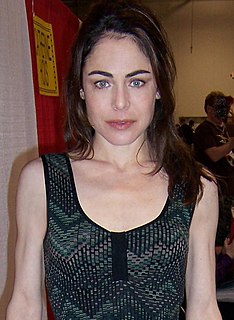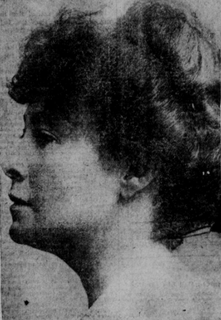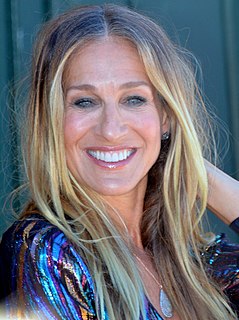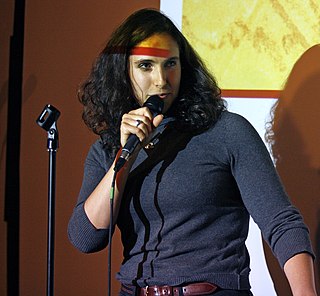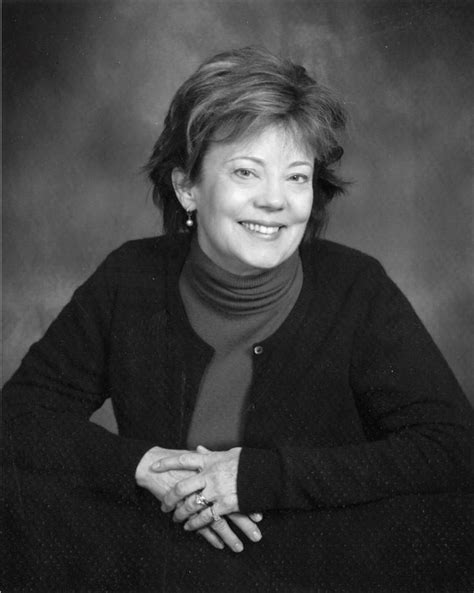A Quote by Yancy Butler
I think seeing some of the past can be helpful, especially if you're into crime solving.
Related Quotes
There was not an episode [on Perception] that didn't deal with some form of mental illness, either my own, or I would be the first to notice if a defendant did a certain thing that perhaps he was suffering from this. And so we got to do some really outspoken stuff for what was otherwise a crime-solving show. And it was just a really good team.
The best crime stories are always about the crime and its consequences - you know, 'Crime And Punishment' is the classic. Where you have the crime, and its consequences are the story, but considering the crime and the consequences makes you think about the society in which the crime takes place, if you see what I mean.
If I had admitted my guilt, it would have been the same as putting my head on the chopping block - lifetime ban. Death penalty. I spent my entire life on the baseball fields of America, and I was not going to give up my profession without first seeing some hard evidence ... right or wrong, the punishment didn't fit the crime, so I denied the crime.
To develop your own voice, you have to keep writing a ton, and this is something where I think Twitter is helpful. I use it to write a ton of jokes. You have to write a ton of bad stuff before you know what you're good at. And that's what some people I think have trouble with, the thought of getting past the bad stuff.
Once I got interested in organized crime, and, specifically, Jewish organized crime, I got very interested in it. I have learned that, like my narrator Hannah, I'm a crime writer in my own peculiar way. Crime with a capital "C" is the subject that I'm stuck with - even Sway is about "crime" in a certain way. The nice thing about crime is that it enables you to deal with some big questioO
Now, just think, to accuse me of such a crime. Think of it! I, who have for twenty-five years single- handed struggled against the invasion of the Russian Government into American money markets, and to this day stave them off. Think of it! Who, as I, have been foremost in the past for agitation and insisted to the President of the United States; as some of you must know, that our treaty with Russia must be abrogated.
I am at my happiest when I'm problem solving and a large part of writing is for me a lovely labor in problem solving. Every act of discovery in writing involves a process of figuring out why I'm not seeing what I need to see. Niggling feelings, discomforts, a sense that you've forgotten or overlooked something, a sudden curiosity about what if here? - these are priceless. They are the bases of problems and lead the way.
